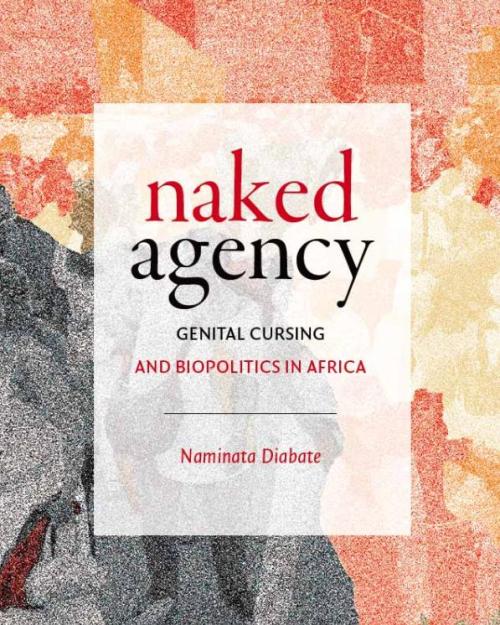
Naminata Diabate wins ASA book prize for ‘Naked Agency’
Cornell Chronicle
 Department Homepage
The College of Arts & Sciences
Department Homepage
The College of Arts & Sciences
Alongside work by senior scholars in the field, this open-access special issue of the Latin American Literary Review by Anindita Banerjee features contributions by Comparative Literature graduate students Amrita Chakraborty and Hannah Cole.
Read or download the full Border Environments, Volume 49, Issue 96 here.